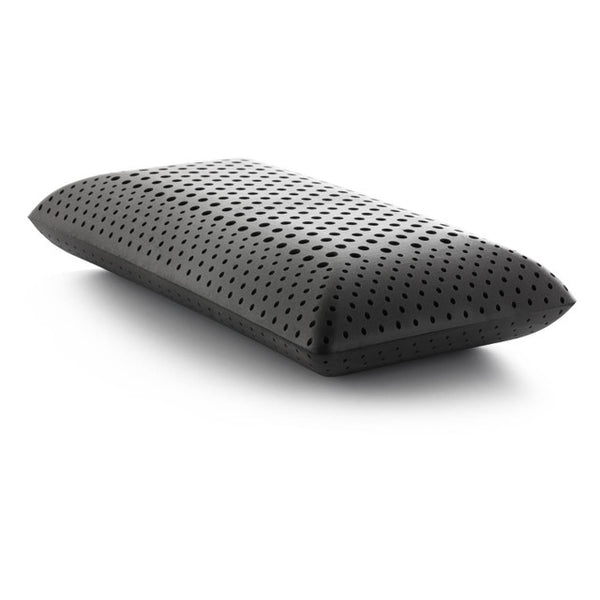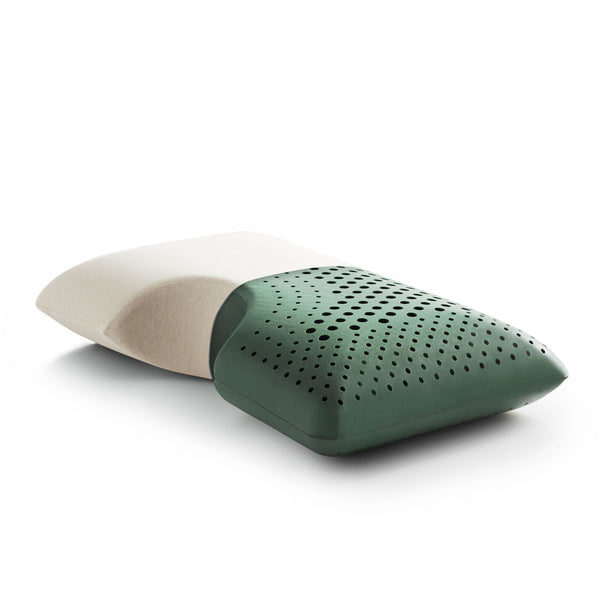
Frequently Asked Questions
1. Why is quality sleep important for productivity?
2. How does sleep affect brain function?
3. What are some physical health benefits of quality sleep?
4. What tips can help improve sleep quality?
5. How does sleep relate to stress management?
In our fast-paced world, sleep can sometimes take a back seat to life's many obligations. Yet, getting a good night’s sleep is essential not only for overall well-being, but also for maximizing productivity. In this blog post, we will explore the numerous benefits of quality sleep and how it positively impacts your performance during the day.
Understanding Sleep's Role in Productivity
Before diving deep into the benefits of a good night's sleep, it's vital to understand how sleep affects our minds and bodies. Sleep is a crucial restorative process that helps to repair and rejuvenate both cognitive and physical functions. The link between sleep and productivity is often underestimated, but studies have shown that poor sleep can lead to decreased efficiency, lower motivation, and impaired decision-making.
Sleep and Brain Function
The brain undergoes various processes during sleep that are vital for maintaining cognitive function. Here are some key points on how sleep impacts brain performance:
- Memory Consolidation: During sleep, especially during REM (Rapid Eye Movement) sleep, the brain processes and consolidates information from the day. This is crucial for learning and retaining new skills.
- Problem Solving: A well-rested mind is more adept at thinking creatively and solving complex problems. Sleep helps in making connections between information and ideas, leading to innovative strategies.
- Focus and Concentration: Sufficient sleep helps improve attention spans and concentration, allowing individuals to stay focused on tasks without getting easily distracted.
Physical Health Benefits of Quality Sleep
Sleep does not only affect your mental state; it also plays a significant role in your physical health. Healthy sleep patterns can lead to various benefits that indirectly enhance productivity.
Boosted Immune Function
During sleep, the body undergoes restorative processes, which also includes bolstering the immune system. A strong immune system reduces the likelihood of falling ill, which can interrupt work and decrease productivity. Therefore, investing in quality sleep is an investment in your health and work efficiency.
Energy Levels and Mood
A good night’s sleep is directly linked to elevated energy levels and a stable mood. When you wake up feeling refreshed, you’re more likely to approach your tasks with enthusiasm rather than lethargy. Here’s how:
- Increased Energy: Sleep helps restore the body's energy and prepares it for the day ahead. The more rested you are, the more stamina you will have to tackle your daily tasks.
- Better Mood: Lack of sleep is associated with irritability and anxiety. Quality sleep can help stabilize your mood, making it easier to engage positively with challenges that arise during your day.
The Long-term Impact of Sleep on Productivity
While immediate benefits such as energy and focus are crucial, the long-term impact of good sleep cannot be overlooked. Establishing a consistent sleep routine can lead to sustained productivity and performance over the long haul.
Improvements in Work Performance
Studies indicate that employees who regularly get ample sleep are more effective and engage more positively in their work. They take fewer sick days, which contributes to a more productive work environment. Thus, cultivating good sleep hygiene can be a game-changer for professionals and entrepreneurs alike.
Increased Creativity and Innovation
The connection between sleep and creativity is profound. When well-rested, individuals can approach tasks from a new perspective, leading to innovative solutions that can make a significant difference in work efficiency.
Tips for Achieving Quality Sleep
Understanding the benefits of sleep is one thing; making it a reality in your life is another. Here are some tips to help you enhance your sleep quality:
- Establish a Sleep Routine: Going to bed and waking up at the same time every day helps regulate your body’s internal clock.
- Create a Relaxing Bedtime Environment: A comfortable mattress and pillow, along with minimal noise and light, can greatly enhance sleep quality.
- Avoid Stimulants: Limit caffeine and screen time before bed. These can disrupt your ability to fall asleep and compromise sleep quality.
- Stay Active: Regular physical activity can help you fall asleep faster and enjoy deeper sleep. Just be careful not to exercise too close to bedtime.
The Connection Between Sleep Quality and Stress Management
Good sleep is intertwined with stress management. High-stress levels can contribute to insomnia or poor sleep, creating a cycle that negatively affects productivity. Sleep helps the body manage stress better, allowing you to face challenges with resilience and calmness. Here’s how:
Stress Reduction through Sleep
When we sleep, our body produces stress-reducing hormones and removes stress-related chemicals. A good night's sleep not only reduces stress but also enhances emotional regulation, which is crucial for maintaining productivity.
Improved Decision-Making
The ability to make sound decisions is crucial in any business setting. Sleep plays a significant role in ensuring that your brain functions optimally. A well-rested individual is more capable of assessing situations, weighing options, and making better choices, all of which contribute to increased productivity.
Investing in Your Sleep
Just like any other investment, the time and effort put into improving sleep can yield profitable returns—in this case, increased productivity at work and enhanced quality of life.
Creating Your Sleep Sanctuary
The right environment plays a crucial role in how well you sleep. Consider the following aspects to create your personal sleep sanctuary:
- Optimal Temperature: Keeping your room cool can help facilitate sleep. Experts recommend maintaining a bedroom temperature between 60-67°F (15-19°C).
- Comfortable Bedding: Investing in good quality sheets and a mattress suited to your sleep style is essential for quality rest.
- Minimize Noise and Light: Use blackout curtains or white noise machines to reduce disturbances from outside sources.
Transforming Your Life Through Sleep
In summary, the benefits of a good night's sleep extend far beyond just feeling rested. Quality sleep enhances cognitive function, improves physical health, boosts mood, and directly correlates with increased productivity. By investing time and effort into creating an optimal sleep environment and adopting healthier sleep habits, you can transform your performance in both your personal and professional life. Prioritizing sleep is not just a luxury, but a necessity for unlocking your full potential as a productive individual.









